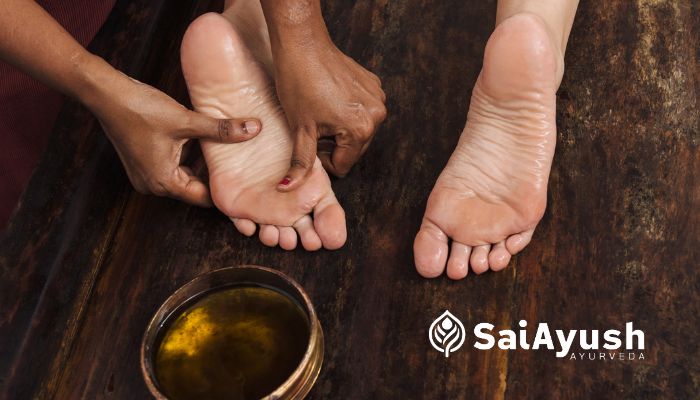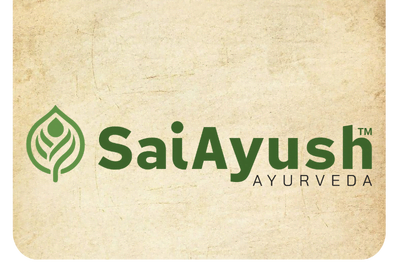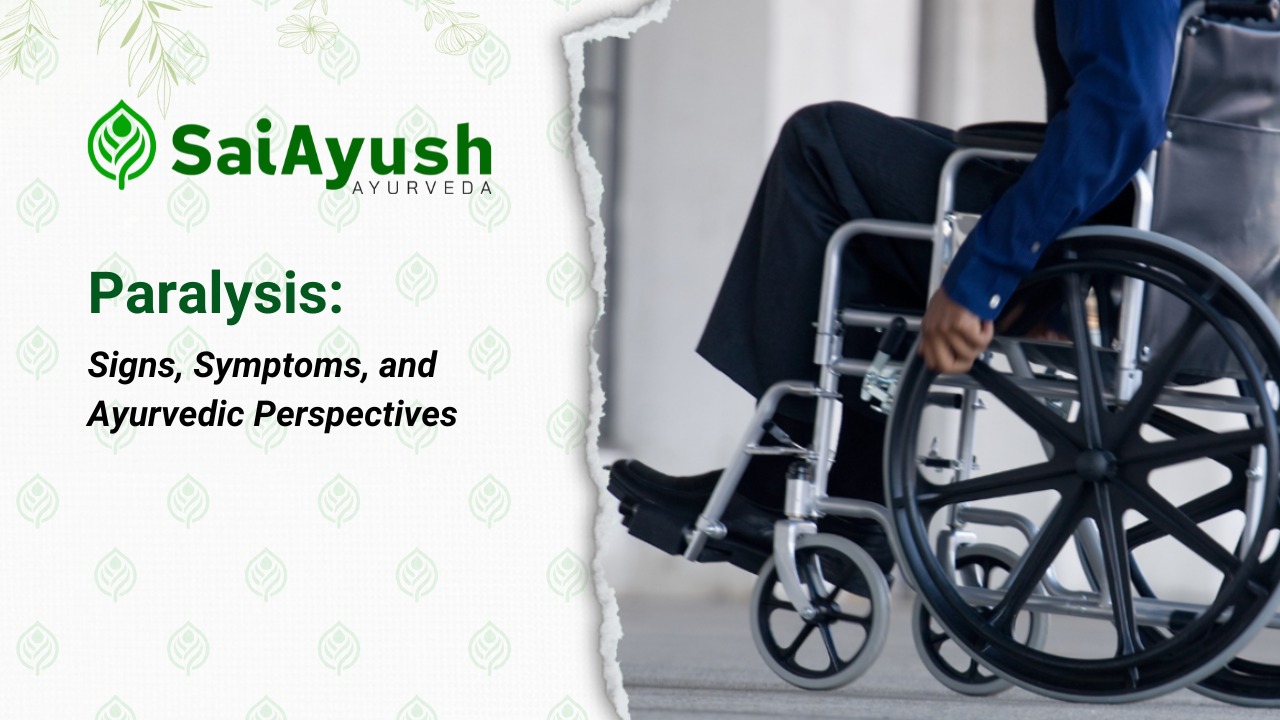Paralysis is a condition that affects the ability to move certain parts of the body. In Ayurveda, a holistic approach is taken to treat paralysis, focusing on balancing the body’s doshas and enhancing overall wellness. In this blog post, I will explore the signs and symptoms of paralysis, the Ayurvedic perspective on the condition, and the various internal and external treatments available. Additionally, I’ll discuss preventive measures to maintain optimal health and prevent paralysis. Paralysis is muscle loss. It can affect one or both sides of the body and be full or partial. Effective therapy requires understanding its causes and symptoms.
Paralysis: signs and symptoms?
Paralysis can vary by cause and location. Common signs and symptoms:
Sudden Weakness or Numbness: Sudden limb weakness or numbness, especially on one side, may suggest paralysis.
Muscle Control Loss: Inability to move a limb or more.
Speech problems: Paralysis, especially stroke, can cause slurred speech.
One side of the face may droop or become immovable.
Difficulty Swallowing or Breathing: Severe cases may compromise swallowing or breathing muscles.
The Ayurvedic View of Paralysis
Ayurveda claims that imbalances in the body’s doshas—Vata, Pitta, and Kapha—are what cause paralysis. Exacerbated Vata dosha, which affects movement and coordination, is typically the cause of paralysis.

Ayurvedic treatments for paralysis
Causes of Paralysis, According to Ayurveda?
Excessive Vata can disrupt the neurological system and cause paralysis.
Poor Digestion: Toxins (Ama) can block bodily pathways and cause paralysis.
Emotional stress and worry can cause Vata imbalance and muscular dysfunction.
physical injury or trauma can damage nerves or muscles, causing paralysis.
Ayurvedic Paralysis Treatments
Paralysis remedies in Ayurveda balance doshas, clear poisons, and restore function. Internal and external remedies are used.
Internal Treatments
Herbal Medicines: Ashwagandha, Bala, and Shatavari improve muscles and nerves.
Changes in diet: Warm, nutritious Vata-pacifying foods helps balance the dosha.
Panchakarma: Virechana (purgation) and Basti (medicated enemas) detoxify and balance doshas.
Rasayana Therapy: Herbal rejuvenation to boost strength and vigour.
External Treatments
Abhyanga (Oil Massage): Regular medicated oil massage improves circulation and muscle tone.
Svedana: Herbal steam therapy to unblock channels and remove pollutants.
Shirodhara: Warm oil on the forehead calms the nervous system and balances Vata.
Pizhichil: A warm medicinal oil bath that strengthens and relaxes muscles.
The Ayurvedic preventive measures
Paralysis prevention requires a balanced lifestyle and Ayurvedic principles. Preventive measures:
Lifestyle and Diet Advice
Regular Exercise: Exercise moderately to maintain muscle strength.
Healthy Diet: Balance doshas with a balanced diet of sweet, sour, salty, bitter, pungent, and astringent tastes.
To control stress and maintain mental health, practise yoga, meditation, and pranayama.
Adequate Sleep: Sleep enough to renew and recover.
Detoxing regularly
Seasonal cleansing: Detoxify and balance doshas using Panchakarma.
Ginger, tulsi, and cinnamon teas assist digestion and avoid toxin buildup.
Ayurveda treats paralysis by balancing doshas and improving health. Paralysis can be managed and prevented by identifying the symptoms, treating them, and preventing them. Remember, optimal health requires a holistic strategy that incorporates both internal and external therapy.



0 Comments